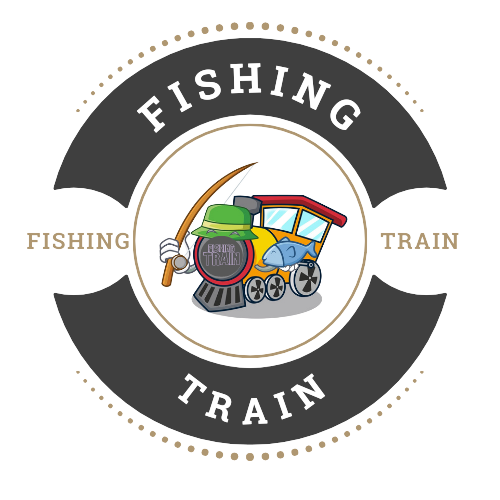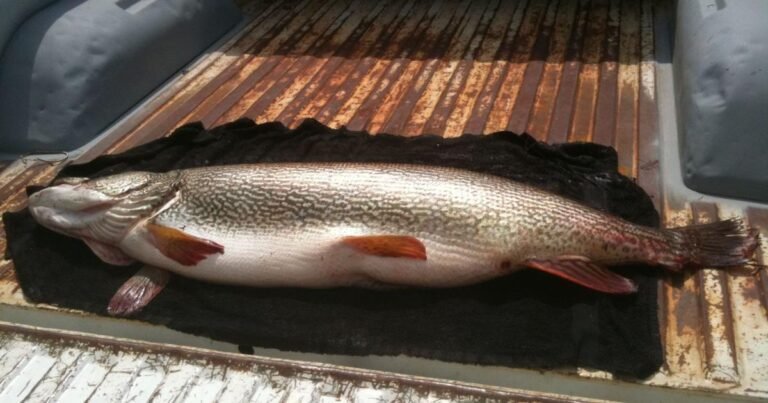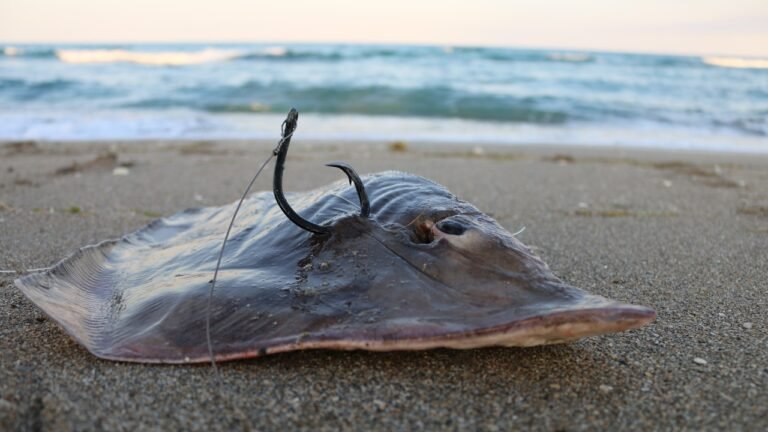What Causes a Spun Prop | Propeller Issues 2025
A spun prop is usually caused by a loss of power to the engine, resulting in the propeller becoming unbalanced. The most common cause of this is when the engine fails to develop enough power to maintain flight. This can be due to a number of factors, such as an incorrect mixture of fuel and air, or a problem with the ignition system.
In some cases, a spun prop can also be caused by damage to the propeller itself, such as from a bird strike.
A propeller is a rotating airfoil that generates thrust by propelling an aircraft or other object through the air. The term “propeller” comes from the Latin word propellere, which means “to drive forward.” A spinning propeller not only moves the airplane forward through the air, but it also provides lift.
The most common cause of a spun propeller is pilot error. During takeoff, if the pilot does not apply enough power to the engine, the plane will not gain enough speed and will eventually stall. If the pilot then tries to compensate by increasing power too quickly, the sudden burst of speed can cause the plane to yaw (turn) sharply to one side.
This can cause one blade of the propeller to strike the ground, resulting in a catastrophic loss of control.
Symptoms of a Spun Prop
We all know how important it is to keep an eye on our engine gauges while flying, but sometimes it’s the little things that can give us the biggest headaches. A perfect example is a spun propeller. Just like a car spinning its wheels in the mud, a plane can spin its prop without moving forward.
It’s not uncommon, and if you’re not paying attention it can happen to you too. Here are some symptoms of a spun prop so you can be on the lookout:
-The most obvious symptom is that the airplane will not move forward even though the engine is running at full power.
-There may also be a loud banging noise coming from the engine as it tries to turn the propeller.
-Another clue that something is wrong is if you see smoke or flames coming from under the cowling.
-If you’re unlucky enough to have your plane spin its prop, don’t worry!
Just bring the power back to idle and apply firm pressure on the brakes. Once you’ve come to a stop, assess the situation and decide whether or not you need to shut down the engine.
Spun Prop Temporary Fix
A broken propeller is a serious problem for any boat owner. A broken propeller can cause the engine to overheat, and it can also damage the hull of the boat. If you have a broken propeller, you need to get it fixed as soon as possible.
There are a few ways to fix a broken propeller, but one of the most common methods is to use a piece of rope or string to tie the two pieces of the propeller together. This method is called “spun prop temporary fix.”
If you’re going to try this method, there are a few things you need to keep in mind.
First, make sure that the rope or string is strong enough to hold the two pieces of the propeller together. Second, be careful not to tie the rope or string too tightly, as this could damage the engine. Finally, if possible, try to find a piece of rope or string that’s the same color as your boat’s hull; this will help camouflage the repair and make it less noticeable.
If you have a broken propeller, don’t panic! With a little bit of effort and some basic supplies, you can fix it temporarily and get back on the water in no time.
Spun Hub Repair Cost
If your car has a spun hub, it will need to be repaired as soon as possible. The cost of this repair will vary depending on the severity of the damage and the type of car you have. However, you can expect to pay between $200 and $400 for this repair.
Spun Prop Or Lower Unit
When your boat’s propeller is spinning, but the boat isn’t moving, you may have a case of spun prop or lower unit. This situation usually occurs when the propeller becomes entangled in something like seaweed, fishing line, or a rope. The first step is to try and identify what is causing the problem.
If you can see it, you may be able to simply untangle the propeller and be on your way. Other times, you may need to use a knife or other sharp object to cut away whatever is wrapped around the propeller.
If you can’t immediately identify the problem, there are a few things you can do to try and fix it.
First, check all of your boat’s controls to make sure they are in the correct position. Next, try putting the boat in reverse. Often this will dislodge whatever is wrapped around the propeller.
Finally, if all else fails, you may need to call for help or tow the boat to shore so that you can take a closer look at the problem.
What Does a Spun Prop Sound Like
A propeller that has been spun by the wind will make a humming noise. The faster the propeller spins, the higher-pitched the sound will be. If you are close to the source of the spinning propeller, you may also feel a vibration in your chest.

Credit: www.boatingmag.com
How Do I Know If My Prop is Spun?
If you’re not sure if your propeller is spun, there are a few things you can look for. First, check to see if the hub of the propeller is bent or out of round. If it is, then the prop is probably spun.
Second, check the blades to see if they’re all pointing in the same direction. If they’re not, then the prop is probably spun. Finally, check to see if the tips of the blades are chipped or damaged in any way.
If they are, then the prop is definitely spun and needs to be replaced.
How Much Does It Cost to Fix Spun Prop?
If you have a spun prop, the first thing you need to do is figure out what caused it. Once you know the cause, you can determine the cost of repair. The most common causes of a spun prop are hitting an object, overloading the engine, or improper installation.
If your prop has been damaged from hitting an object, the cost to repair will depend on the extent of the damage. If there are only a few nicks and scrapes, you can probably fix it yourself with some sandpaper and elbow grease. However, if there is significant damage, such as bent blades or cracks, you will need to replace the prop.
Replacing a prop can range in cost from $100-$1,000 depending on the make and model of your boat.
If your engine overloaded and caused your prop to spin, there may be other damages as well. You will need to have your mechanic check for any internal engine damage and repair or replace any damaged parts.
In addition, they will also inspect your prop for damage and either repair it or recommend replacing it. Depending on the severity of the engine damage and type of repairs needed, this can be a very expensive fix.
Finally, if your prop was improperly installed, causing it to spin when under load, this is an easy fix that should not cost much money at all.
Your mechanic will simply need to correct the installation error and re-install the propeller correctly. This should only take them an hour or so and should not cost more than a few hundred dollars at most.
What Does Spun the Prop Mean?
Spinning the prop is a phrase used in aviation to describe the action of starting an engine by rotating the propeller manually. The spinning motion creates airflow over the blades of the propeller, which in turn produces lift and propels the aircraft forward. The term can also be used more generally to describe any situation where something is set in motion by hand, such as spinning a wheel or turning a knob.
What Causes Excessive Prop Slip?
Excessive prop slip is usually caused by one of three things: a loose propeller, a bent propeller shaft, or an imbalanced propeller.
A loose propeller can cause the blades to vibrate excessively, which can lead to increased prop slippage. A bent propeller shaft will also cause the blades to vibrate and can ultimately result in excessive prop slippage.
An imbalanced propeller will also create vibration and can cause increased prop slippage.
Ultimately, any of these three issues can lead to increased wear on the engine and transmission, as well as decreased fuel efficiency.
Slipping Prop – Spun Rubber Hub. Symptoms & Fix
Conclusion
A spun propeller is one of the most common causes of engine failure in small aircraft. The cause is usually a loss of power, which can be caused by several factors, including a dirty air filter, bad fuel mixture, or a weak spark plug. In some cases, the problem may be more serious, such as a seized engine or an oil leak.





